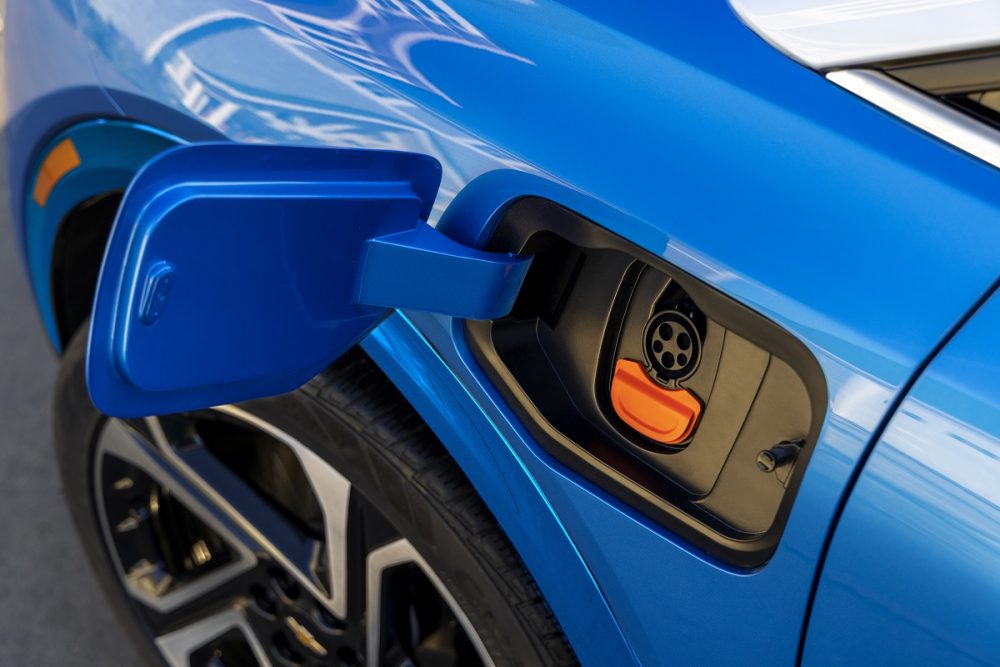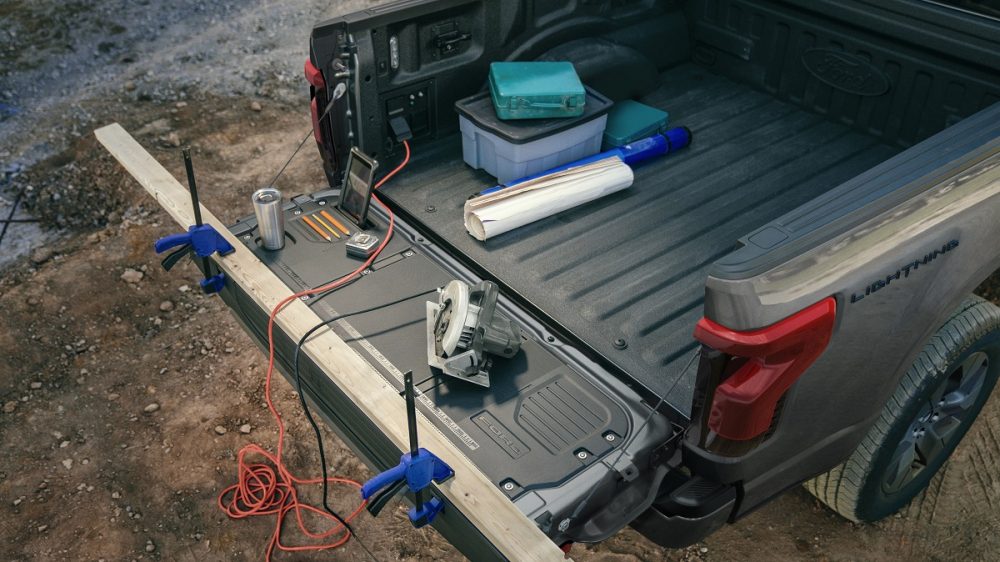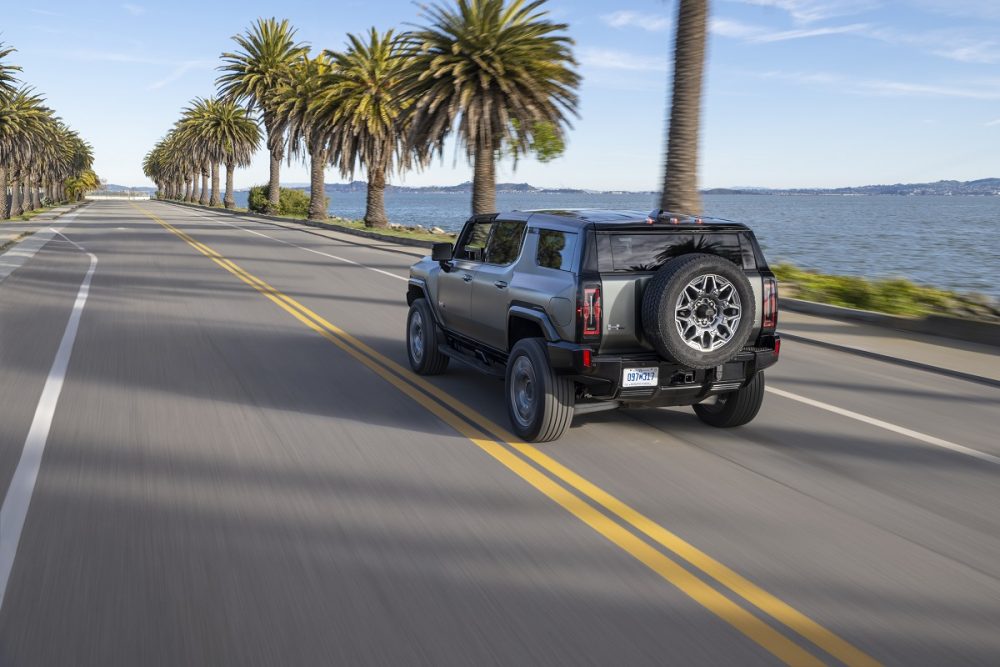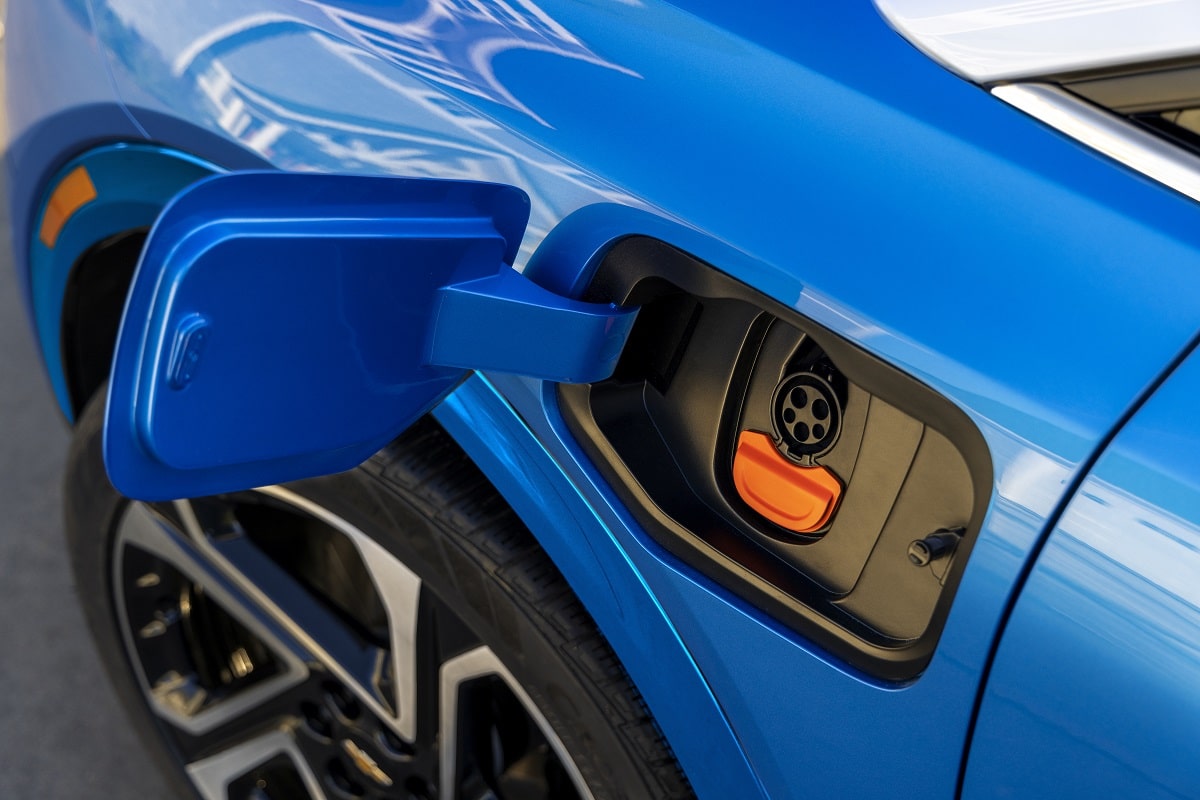
As we covered in a recent article, former Toyota CEO Akio Toyoda is having his “I told you so” moment with regard to electrification. After EV sales surged in 2021, it seemed the EV market was finally ready to go all-in on battery-electric technology, and many automakers either committed or deepened their existing EV commitments.
Electrified: Do hybrid vehicles need special service?
But electric vehicle sales are slowing down, and some companies are taking a big step back. GM abandoned building 400,000 electric vehicles through the first half of 2024, and says it will no longer provide production targets so that it can build to market demand. After a bad Q2, Ford said it would focus more on hybrids; after an even worse Q3, the company is postponing about $12 billion in EV spending.
There’s more. Chevrolet delayed the launch of the Silverado EV by a year. Tesla‘s Elon Musk downplayed the Cybertruck‘s production timeline (then again, what else is new?) and tempered expectations surrounding its planned Gigafactory in Mexico. Volkswagen axed plans to build a new $2 billion EV factory in Germany.
“The auto industry, it’s all about getting scale economies and pennies count,” said former Ford CEO Mark Fields during a CNBC interview. “The ICE business really funds the EV business…You’ve got to keep that golden goose keep producing for them.”
According to Fields, the best path forward is to go the way of Toyota by meeting consumers where they are: by helping them transition to EVs via hybrid and plug-in hybrid vehicles. But why aren’t EVs already good enough for consumers today? This is what we’ll explore below.

Even if automakers invest billions of dollars in electric vehicles, it won’t magically make consumers want to buy them. Though EV sales are rising, vehicle shoppers continue to express familiar concerns that are preventing them from overtaking that “golden goose” Fields alluded to. The first is the same we’ve heard about for years…
Even though Americans drive 37 miles per day on average and nearly all new EVs provide at least 250 miles of range on a single charge, range is still one of the top concerns among shoppers in the market for a new ride. Why? The short answer is that the human brain is a tricky, irrational thing. I won’t bother with the long answer because I’m not a psychologist. The point is that range anxiety is still around and will probably remain an issue until we are so used to driving EVs that we’ve been desensitized to caring about battery percentages. In other words, we probably shouldn’t look to fix range anxiety to make the EV revolution happen. More likely, it’ll fix itself only when the roads are already packed with EVs.
As fast as it’s growing, the charging network is still nowhere near the size of the refueling infrastructure. When driving a traditional combustion-powered car, most people don’t think about where they need to refuel. They simply drive until their fuel gauge approaches empty, then find a nearby station to top up. However, EV drivers still need to plan where to recharge, as well as factor in long recharging times into their trips. It takes about half an hour to charge a new EV to 80% capacity. None of this is very convenient, and likely adds to the range anxiety.
Due to rising interest rates, it’s not just EV sales that are slowing, but vehicle sales of all kinds. However, because EVs are already more expensive (and arguably overpriced) compared to their combustion-powered counterparts, they’re feeling the hit even harder.
Most emerging technologies benefit from a wave of early-adopter enthusiasm, which cools once that demographic has been fulfilled. We may be in that phase for EVs. They are still largely niche products that appeal to more affluent customers, who own multiple vehicles and have the willingness to compromise features for the sake of enjoying a new technology. To tap into the mainstream market, manufacturers will need to make EVs far more cost effective and convenient to own than they are currently.

Despite slowing sales, some automakers like Volvo and Mercedes are remaining steadfast in their EV investments. There’s no virtually doubt that the future of transportation will be electric (though, as some would have it, not battery-powered but rather hydrogen-powered). However, the rate at which we will get there is unclear, and is clearly not only down to building EVs with long ranges.
For Ford and GM, it could mean that the early push has been premature. They’re ready to take a more conservative approach — but it doesn’t mean they’ll stop investing in EVs, or that they aren’t ultimately worth the effort.
“Over time, you’re going to see the industry propulsion systems shift to full battery electric,” Fields says. “The issue is, what’s the timeframe for that? There’s a lot of excitement around the early adopters, now you’re getting to the tough part of mass adoption.”
Kurt Verlin was born in France and lives in the United States. Throughout his life he was always told French was the language of romance, but it was English he fell in love with. He likes cats, music, cars, 30 Rock, Formula 1, and pretending to be a race car driver in simulators; but most of all, he just likes to write about it all. See more articles by Kurt.









